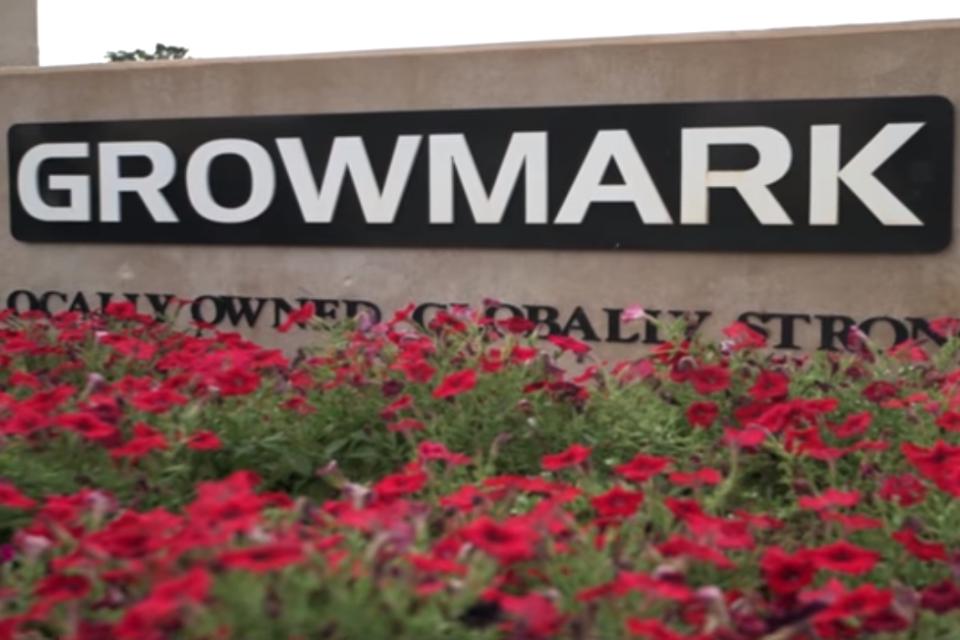The Changing Agribusiness Environment: New Constituents, New Alliances

Editor’s note: This week’s PACE Executive Forum will focus on three important topics: New Supply/Demand Dynamics, the Changing Agribusiness Environment, and the New Generation of Agriculture. Below you will find an in-depth story that looks at the changing agribusiness environment. This will serve as a preview of what will be discussed at the PACE Executive Forum October 27-28 in Kansas City.
In many ways, it is the same world in 2022 as it was pre-COVID and pre-Russia-Ukraine war, but in many ways it’s different.
Debt has soared enormously around the world. Consumers are, more than ever, focused on the desire for transparency in their food (organic vs. conventional, GMO or non-GMO, and so forth.) Climate change has intensified. There is the prevailing sentiment that climate change is not the fault of agriculture, or even fossil fuels, but the industrialization of society. We’ve seen best and worst of humanity, regardless of political party. Society is increasingly polarized.
Yet, from an agriculture standpoint, the new normal could be an industry that takes charge of the narrative with consumers, Kenneth Scott Zuckerberg, Lead Analyst and Senior Economist with CoBank’s Knowledge Exchange Division tells CropLife.
“We should view the current volatility as a teaching moment so that we can help more people understand all the great work that American agriculture does. I can’t tell you I believe we’re going back to normalcy as we knew it, but I believe we have a path to a much more transparent farming system and a better regard for the U.S. farmer.”
The American farmer, after all, has been the stewards of the land and probably knows more about environmental stewardship than anyone commenting on it. “If we set that as the backdrop, there is a great opportunity there,” says Zuckerberg. “Environmental, social, and governance (ESG) criteria are far from perfect — but the retailer is in a trusted position with the grower.”
The external forces in play — the Russia-Ukraine war, supply chain woes, and soaring fertilizer prices — all while companies are putting pressure on retailers to adhere to ESG criteria and consumers continue to misunderstand the business of agriculture, can be taken as obvious negatives. “But if you think about the least common denominator of education and engagement, I think this is a great time,” he argues.
“For the retailer, you have this confluence of risk and stress points, but I think you have some definitive areas for the retailers to add value. If you have labor problems and you are having trouble getting people back to rural America, but you have technology that can assist and add value — such as in precision ag — the stars are aligning. Sometimes when you have a lot of lemons you can make a lot of lemonade,” Zuckerberg says.
ESG, for one, is nothing all that new. At its heart, it’s about being a good corporate citizen. “Ultimately what this is all about is operating in a professional, fair manner as you should anyway … The message I want to provide to the retailers is: Agriculture has a good story; let’s not be afraid to embrace and tell it. Even if you don’t like the people that are championing ESG in the background, if a customer cares about it, you should have a view and a strategy,” he says.
Planning For The Future
As far as the economic outlook, another blockbuster year is expected — USDA’s September forecast projected net farm income will increase by $7.3 billion, up 5.2% to $147.7 billion in 2022, despite heavy concerns over the last year around supply chain, inflation, and Russia and Ukraine, proving the resiliency and efficiency of the agricultural markets.
However, most U.S. cooperatives are budgeting for 2023 to be less robust vs. 2022, according to Zuckerberg.
“Ag retailers should not miss the opportunity to invest for the future.” He offers a bit of cautionary advice: “People tell me they can’t afford CRMs like Salesforce. I would say it differently. I don’t think they can afford to go without it.” Those things that touch the customer and increase the customer experience are mandatory.
One overlooked piece that is poised to transform the agricultural landscape, he says, is the rise of renewable diesel. In contrast to the performance limitations of biodiesel, its renewable counterpart is a convenient, drop in, green alternative of which 6.5 billion gallons of capacity is projected by 2030. Today, capacity is just 1 billion gallons. That change will require an incredible 3-billion-plus additional bushels of soybeans.
“From a farming standpoint, we’re really in the United States of corn. We have a shift that’s going on (toward soybean from corn) over time, and that has huge ramifications,” he explains, pointing out the game changer for retailers — lessening demand for nitrogen.
Taking the above into account, isolating yourself from change will lead to failure.
Zuckerberg mentions a John Wooden quote he often references in his talks: “Failure is not fatal, but the failure to change might be.” Whenever you are faced with a very unpleasant circumstance, you have three choices, he says. “You can do nothing, you can do something, or you can transform. I tend to be in the camp that you should do what’s necessary to transform your business.”






